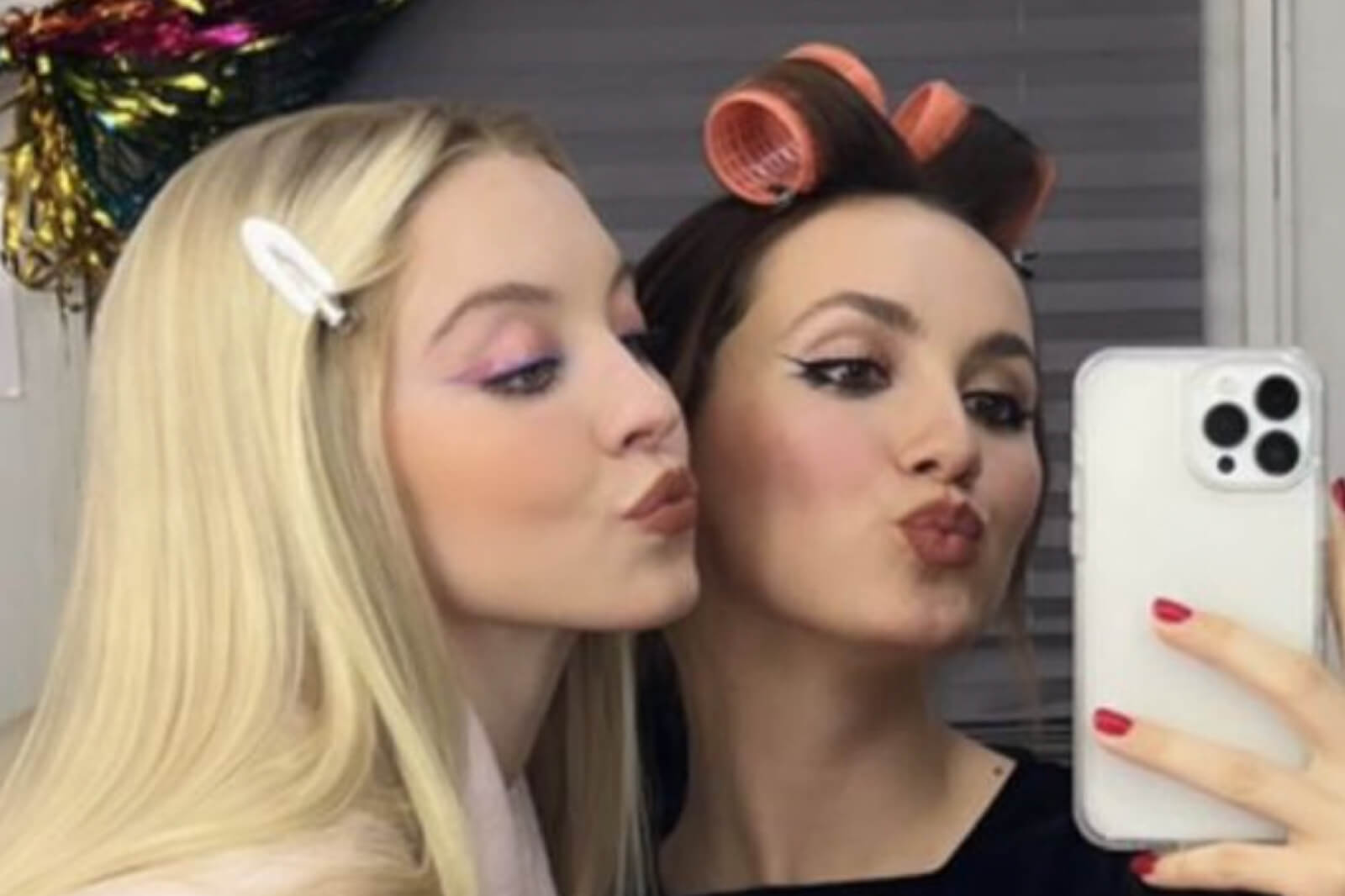We’re all getting pretty sick of waiting for Euphoria Season 3 to land on HBO Max. It’s been so long, we’ll have to rewatch the first two seasons as a refresher so we can remember whatever went down before starting in with Season 3! As a reminder, the first season of Euphoria came out in […]

